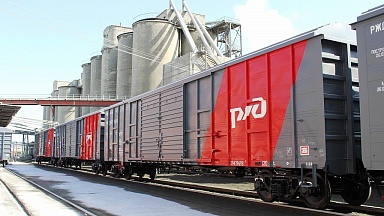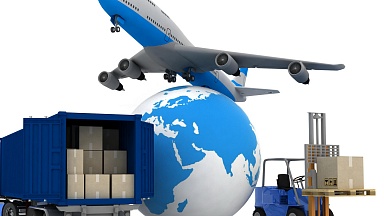Aircraft remain grounded, container and cruise ships are stuck in port, travel has been severely restricted and many factories have temporarily scaled back production: the coronavirus crisis has hit the transport and logistics industry particularly hard.
Passenger transport, and the airline industry in particular, have been hit the hardest by the crisis: demand all but evaporated with the imposition of travel restrictions and quarantines, severely impacting revenue at airlines and airports as well as bus and rail companies. PwC’s experts expect the airline industry in particular to face an L-shaped recession: after a sharp slump, there are no prospects of a recovery to pre-crisis levels any time soon.
The pandemic has also had a significant impact on freight transport and logistics as borders were closed, demand fell and production halted. The impact on logistics companies has varied depending on the types of goods they transport and which industries they serve. While the coronavirus crisis has had a relatively mild effect on the food industry, for example, the pandemic’s impact on the automotive industry has been relatively severe.
Ports and terminals remain attractive targets for investors — also and especially in times of economic uncertainty — because they are considered long-term investments with stable returns. Furthermore, capacities at terminals are finite, leading frequently to bottlenecks, making these targets even more attractive for investors.
One thing is certain: logistics chains continued to function despite restrictions and the supply of everyday consumer goods was ensured at all times. The crisis has demonstrated how essential the industry really is.




